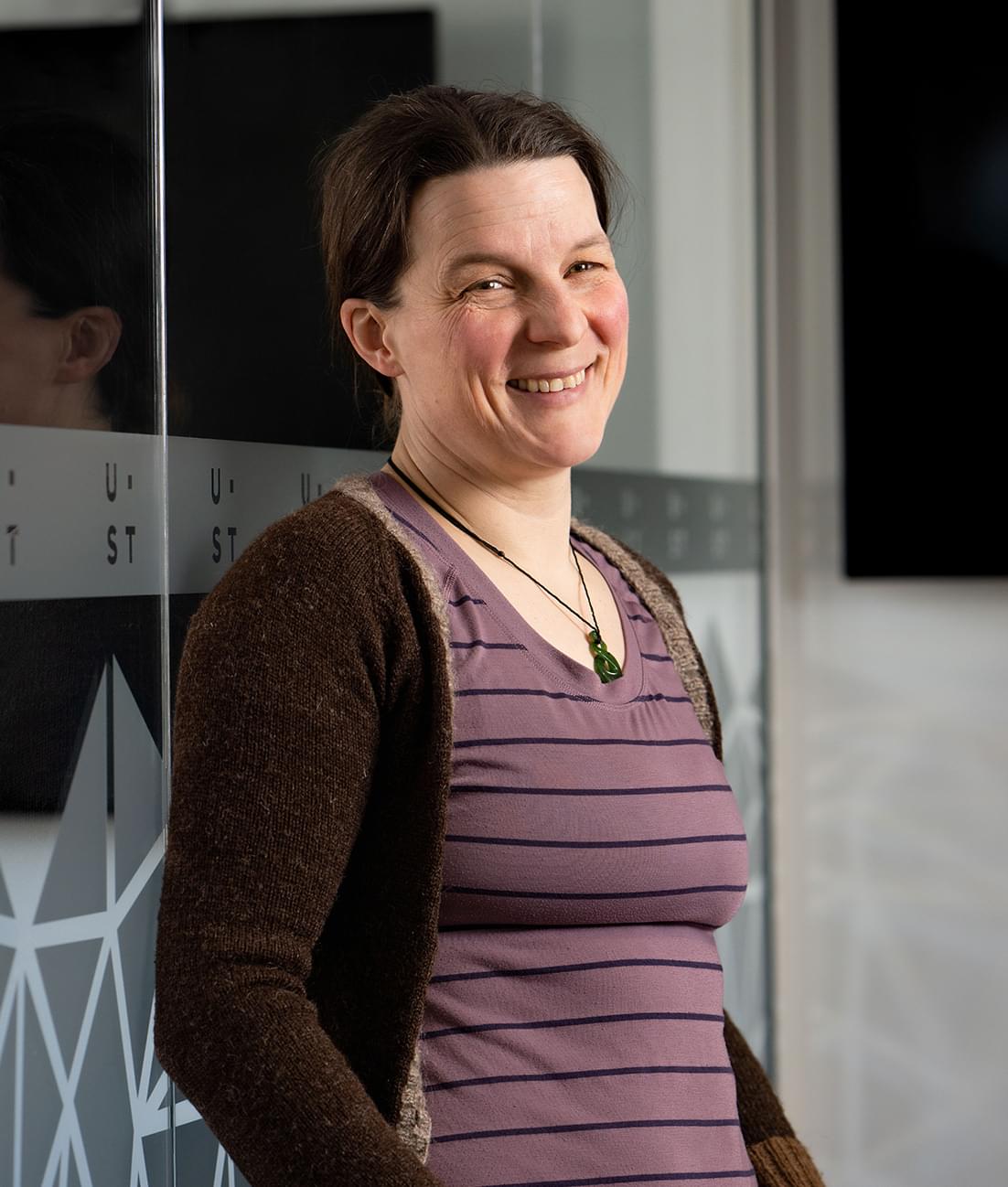Technology, data and AI are changing our lives in many ways. Primarily for the better. But as we automate things that used to take longer, we’re in danger of losing the skills and capabilities that arguably define us as humans.
Humans are inherently creative problem-solvers. Since our very beginnings, people have created art to express themselves and invented things to improve our lives. And it’s only getting bigger and more sophisticated as technology evolves.
If we take a look at human history, the agricultural revolution was the first significant technological change. To improve farming and make it easier to grow produce, we created tools such as the plow and seed drill, effectively sidelining manual processes. Then came the industrial revolution and engines and machines that could mechanically complete manual tasks for us. Now, we have reached the stage in the digital revolution where technology can automate our thinking. From seed drills to AI, it’s been quite a journey.
Technology has changed our lives for the better in so many ways, improving processes across industries, from transportation to education, from communication to healthcare. Manual processes that used to take us minutes or even hours now take just seconds. And it was technology – in the form of online communication tools – that allowed us all to stay connected throughout the pandemic. Ultimately, advances in technology help us to be more efficient. But now that technology can also think for us, what is the trade-off? What are we at risk of losing?
What makes us human?
Problem solving is a critical skill that makes us human. It’s the very essence of creativity, that most human of traits. Quite simply, we risk losing our ability to solve problems creatively if we let technology do too much of the thinking for us.
AI can absorb vast amounts of data more quickly and effectively than humans can. This means that, in certain situations, AI can make decisions and reach conclusions faster than we can, enabling quicker resolutions. There are obvious benefits to using AI. However, while there are many instances where AI can add value, it is important that we strike the right balance.
In the past, manual, yet creative, skills brought people together. Take knitting. Less than two centuries ago, hand-knitting was something we relied on to provide us with warm clothes. People used to knit in groups and not only teach each other new techniques but share stories and form bonds, too. This required thinking and problem-solving and would result in a sense of community.
Large-scale knitting was largely replaced by machinery during the industrial revolution. Still, we’ve seen small-scale knitting experience a boom in the pandemic as people sought a break from screens and preserved traditional creative skills. While the pandemic was a significant catalyst for this, with many of our usual hobbies prevented by lockdowns, it is by no means the only reason. These skills are often taken up as a way to counteract and balance out our technology-heavy lives but also – to an extent – because we have more free time thanks to that very same technology.
Awareness and protection
There is a constant push and pull between the potential benefits of technology and the potential dangers. The most important thing is to keep track of what we’re doing and why. When we get a nudge on our phone, do we know why and how we have received it?
Nothing is for free. When a company targets us online and offers us something, such as a free coffee, we often have to give our data in exchange. This is then used to predict which adverts we will respond positively to. These nudges can be basic, for example, targeted shopping adverts, or more sophisticated, like targeted political adverts during an election. And because that data exchange often happens so subtly, this process also contributes to the sense that decisions are being made for us. But we do have a choice.
We have the power as individuals not to sign away our data when we don’t need to. Choosing only to share our data when we want to or when it is necessary gives us agency. Luckily, I’m not the only one who thinks our data is valuable, and regulations are being introduced. GDPR was the most significant of these. Apple’s recent Mail Privacy Protection (MPP) and the predicted “cookieless” future are some more recent examples.
AI is also set to be monitored. In December 2021, the UK Government published a report from the Centre for Data Ethics and Innovation laying a path to an effective AI assurance ecosystem, and in July 2022 published an associated consultation paper. Once it’s developed, this ecosystem should enable AI innovation within an ethical framework. The industry is moving in the right direction, and the possibilities this opens up are exciting.
Finding the balance
However, AI has yet to be fully embraced across industry. While to a degree this is due to the relative data maturity of organizations, there is also some hesitancy because of concerns about misusing AI. But there are many ways that AI can improve business output, mainly by automating time-intensive tasks, like manual data processing, so that humans have more time to think and focus on higher-value jobs.
When businesses embrace AI, they need to ensure that they use data ethically. At UST, we know the importance of data ethics and AI ethics, and I am a champion of those conversations. While it may seem that my views about the potential dangers of technology and AI conflict with my role at UST, I hope that by having these conversations and raising awareness, organizations will begin to feel more confident about how to use AI ethically. Once this balance has been struck, they can enjoy the commercial benefits of AI.
The digital revolution will bring many benefits to our lives by increasing automation and improving efficiency. But we must find a balance to prevent technology from undermining our creativity. We’re already taking up our knitting needles to fight back and actively maintain our skills. And we can preserve our individuality by being thoughtful about how we engage with AI and share our data. At a business level, organizations can benefit from AI by engaging in it ethically, protecting our human qualities.
Latest Articles
contact us


